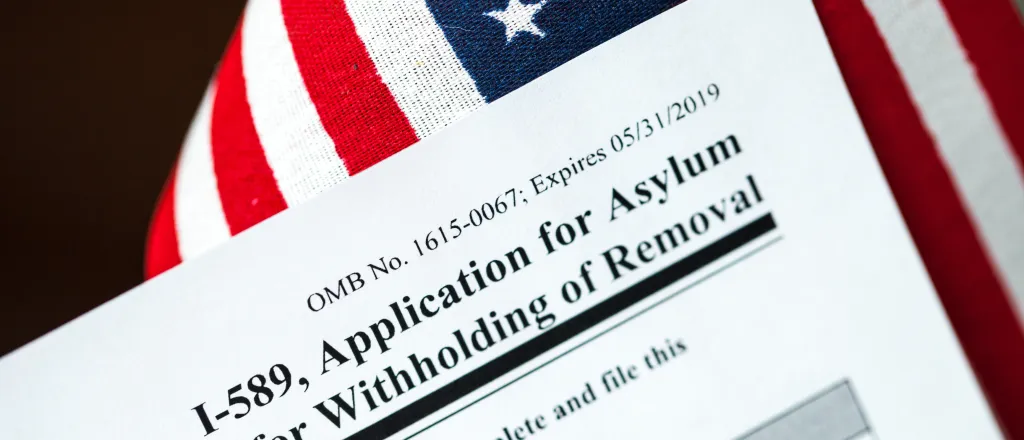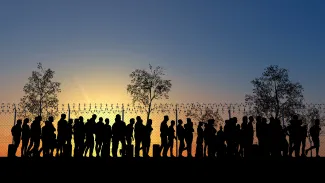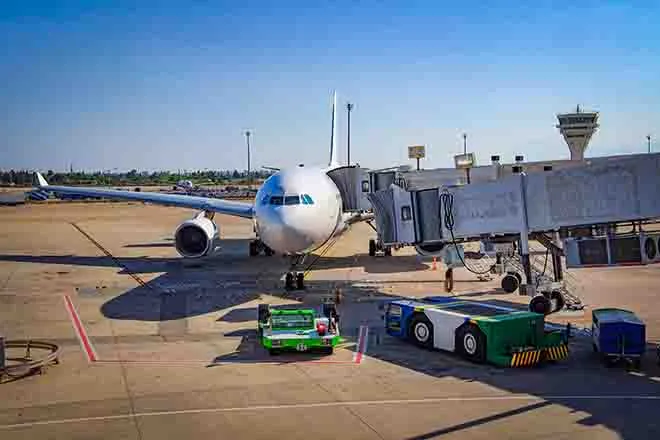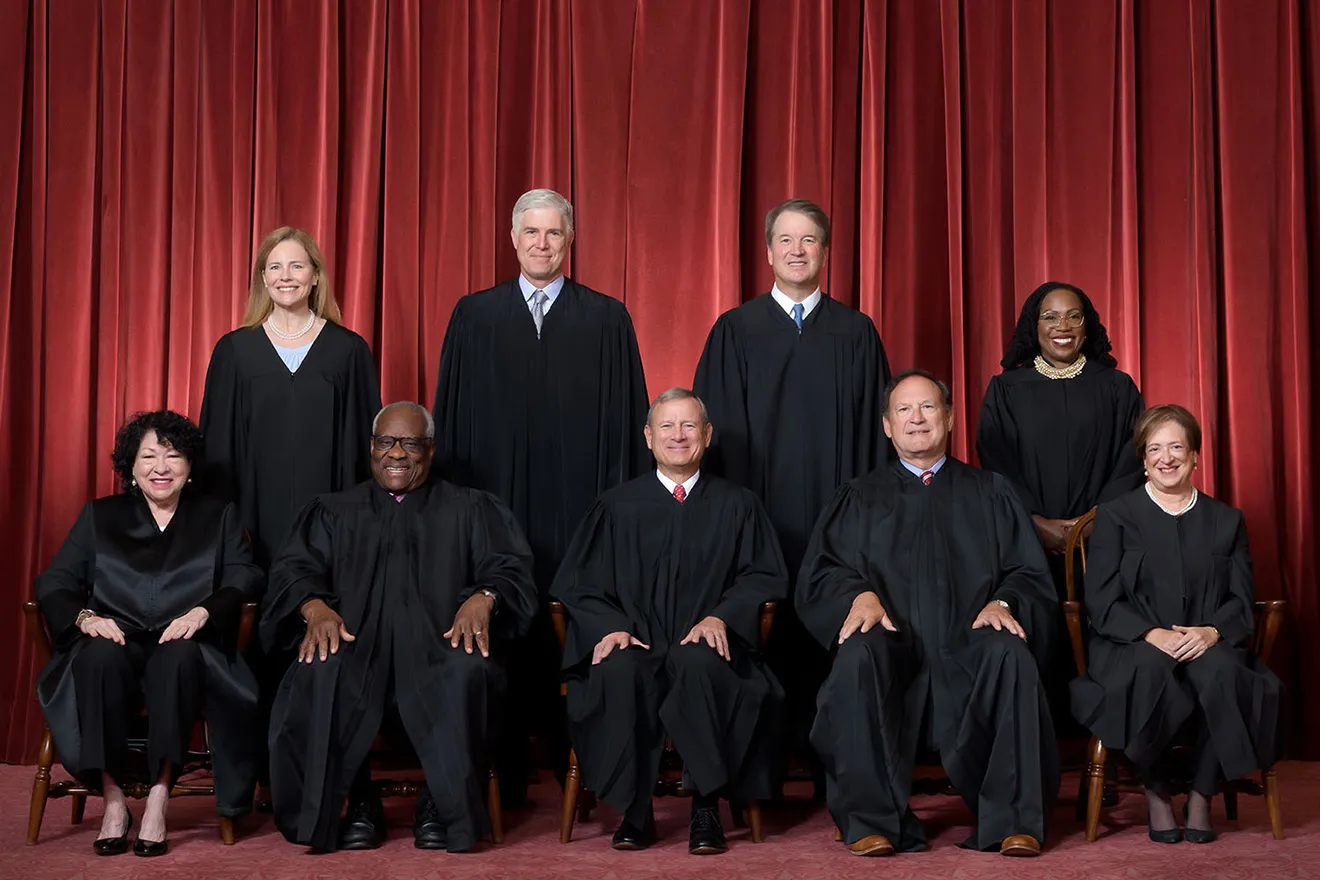
Undercurrent of immigration myths felt as Congress debates border plan
Click play to listen to this article.
(Minnesota News Connection) It remains unclear if a border security proposal in Congress will cross the finish line and as the controversy continues, a group in Minnesota feels the public has lingering misconceptions about immigrants.
The compromise bill emerged in the U.S. Senate but has hit a major roadblock with heavy opposition from Republicans and even some Democrats.
Veena Iyer, executive director of the Immigrant Law Center of Minnesota, said as the debate unfolds, people need to realize certain long-standing myths about new arrivals are not true, such as immigrants becoming so-called "freeloaders."

"There are so many laws that actually highly restrict immigrants from getting any type of public benefits or services in our country," Iyer pointed out.
She added there is no quick line for those seeking to legally immigrate. As for the Senate bill, Iyer's organization, which is nonpartisan, calls it a "misguided border strategy." It said the plan has a few bright spots but does more harm in trying to address the large numbers of people seeking asylum. Those calling for stronger border enforcement cited such concerns as stopping the flow of illicit drugs, like fentanyl.
Iyer predicted prioritizing a stronger border crackdown, as opposed to making comprehensive fixes to the immigration system, will lead to more dangerous situations for asylum-seekers, mainly along the southern border.
"They're going to be just as desperate," Iyer emphasized. "We're concerned about those folks trying to cross unsafely being exploited."
Among the provisions the Immigrant Law Center supports is a proposed infusion of 250,000 family and employment-based "green cards" over the next five years. Iyer noted many people who have immigrated to Minnesota were likely in similar situations as current asylum-seekers before they became established contributors to their communities. She added they are often reluctant to share those stories over backlash concerns.

















